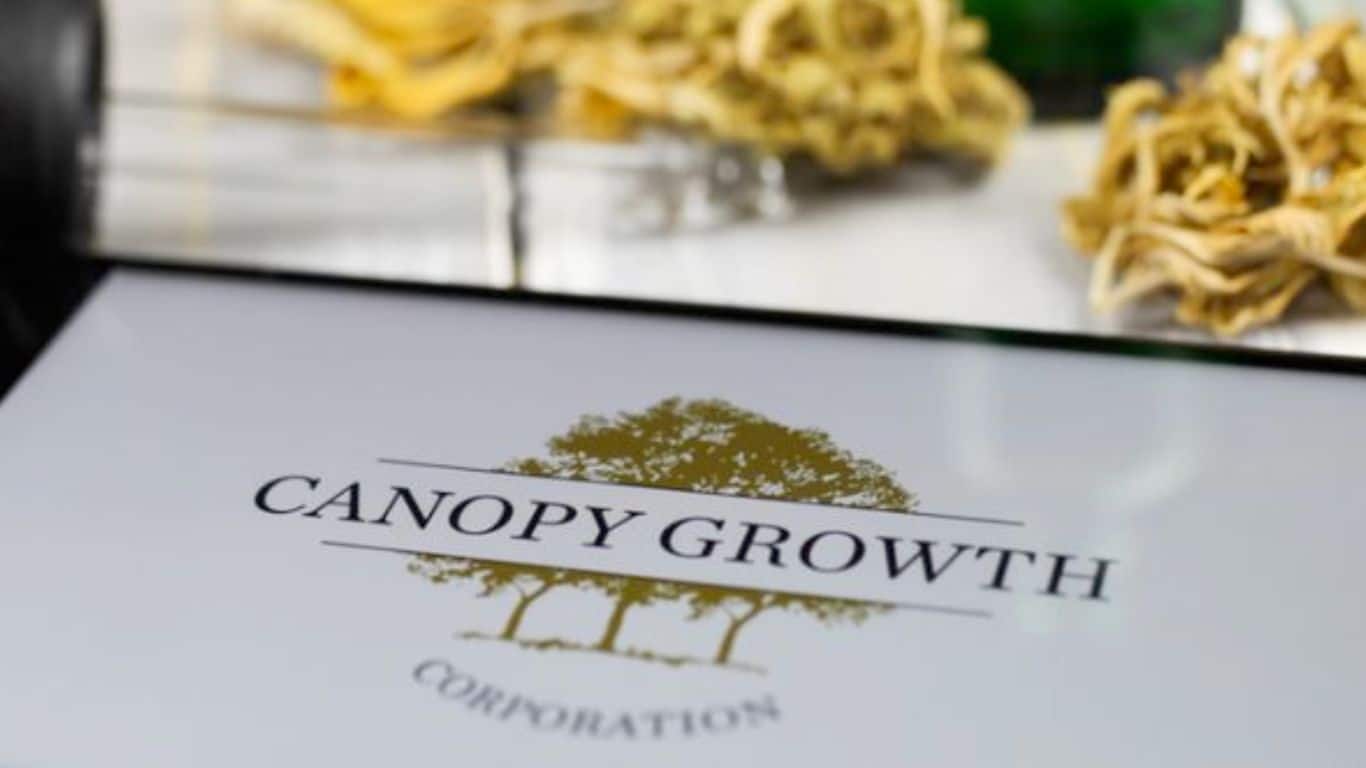Canopy Growth Corp CEO says feds pot tax scheme won’t be a problem for LPs


Bruce Linton, CEO of Canopy Growth Corp (Canopy Growth Corp Stock Quote, Chart, New: TSX:WEED) says that he’s not worried about the federal government’s proposed tax regime on legal pot sales, saying that the quality and safety of the product will eventually pull people away from the black market trade in marijuana.
On Tuesday at a meeting of provincial and territorial leaders in Ottawa, Prime Minister Justin Trudeau revealed that the Canadian government plans to impose an excise tax of $1 on marijuana sales up to $10 and a ten per cent sales tax on all sales above $10.
“The proposal is to divide the revenue 50/50 between the federal government and the provincial government,” said Trudeau. “Nobody’s mindset is about bringing in tax revenue on this. From the very beginning it has been from a public health and safety standpoint.”
Reportedly, provincial leaders are a little less satisfied with the prospect of a revenue split, as the costs of regulatory enforcement will predominantly fall within their purview. And while some in the burgeoning legal pot industry might be unimpressed with the proposed tax plan, Canopy CEO Bruce Linton says he’s fine with it.
“I think taxes are functional but they are not the exclusive motivator for people who want product that is safe and clean,” says Linton in conversation with BNN’s Andrew Bell.
“The reasons people are going to migrate [to the legal market] are going to be driven by a lot of things other than the tax rate,” says Linton. “The price will be very competitive. And the black market doesn’t have a standard operating procedure on how you wash your hands and how clean the factories are and how well the facilities are run.”
As to how readily pot users are going to be making the switch to buying their weed from government-sanctioned stores, Linton forecasts that while the move is an inevitability, it may take a while.
“The migration will be over time, not overnight,” says Linton. “But it will be compelling because [the product] will be something a bit more socially acceptable and normal, and the tax rates will be able to handle it.”
“In Prohibition days, they didn’t have canned beer — they brought that through after Prohibition to get rid of the guys selling the illegal kegs,” Linton says. “I bet you’ll see over the next two or three years an evolution of offerings that have nothing to do with inhalation. And they won’t be eating little bits of something with dessert sprayed on it, it’ll be quite sophisticated,” he says.
So far, the government still appears set on next year’s July 1st date for legalization, a process that will give birth to a brand new commercial sector, projected to be worth more than $20 billion. Linton says that when it comes to legalization, the international spotlight is currently fixed on Canada.
“This is an ungoverned ingredient that globally is going to come under governance,” says Linton. “Most of [the world] is looking at Canada, because we’re considered a pretty normal place that does things in a pretty normal, careful way.”
Nick Waddell
Founder of Cantech Letter
Cantech Letter founder and editor Nick Waddell has lived in five Canadian provinces and is proud of his country's often overlooked contributions to the world of science and technology. Waddell takes a regular shift on the Canadian media circuit, making appearances on CTV, CBC and BNN, and contributing to publications such as Canadian Business and Business Insider.


